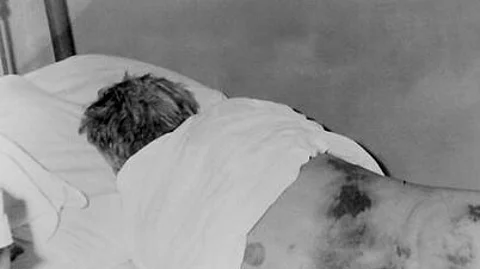

A young doctor lost his life while battling with the deadly Congo virus. Initiates high alert all over Pakistan's southwestern Balochistan province. 17 lives have been lost due to the infection of the Congo virus alone this year, according to Abdullah Khan, the Secretary of the Health Department.
On Sunday, 16 healthcare professionals, including doctors working at two hospitals in the province, were infected with the virus. Initially, three doctors, including two female practitioners, were infected with the virus at the civil hospital in Quetta. In addition, testing confirmed that 13 other healthcare professionals working at Fatima Jinnah Medical Centre were also infected with the virus. The doctors who were in critical condition were shifted to a private hospital in Karachi by air ambulance, and others were sent by road. One of the critical patients, Dr. Shakarullah Baloch, lost his life while on his way to Karachi, and the other two female doctors are in critical condition, said Dr. Arif Sultan of the Young Doctors Association. He also says that the infected healthcare professionals also treated patients at hospitals and medical centers concerned about further infection.
The Crimean-Congo virus is caused by the tick-borne virus (Nairo virus) of the Bunyaviridae family. It is transmitted to people through tick bites or contact with animal blood or tissue during or after the slaughter. Human-to-human transmission occurs through close contact with the body fluids of an infected person. The symptoms of the Congo virus are high fever, headache, vomiting, diarrhea, body pain, and a stiff neck.
Balochistan Province Chief Minister Mir Ali Mardan Khan Domki, considering the emergency, gave directives to the health and livestock departments to raise awareness, especially among the people involved in buying and selling livestock, and to execute measures to fight against the virus and provide medical assistance to individuals showing the symptoms.
The district administrative officers and health and livestock department officers are assigned to visit the dairy farms, pastures, and livestock markets to advise measures for ceasing the spread of the virus.
(Input from various media sources)
Reference:
https://www.who.int/news-room/fact-sheets/detail/crimean-congo-haemorrhagic-fever
(Rehash/Lavanya Beeraboina)
